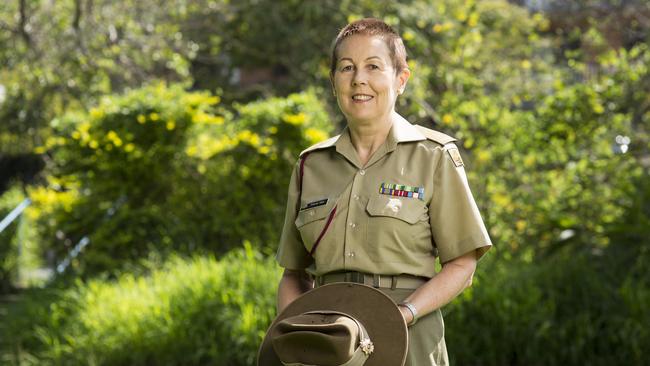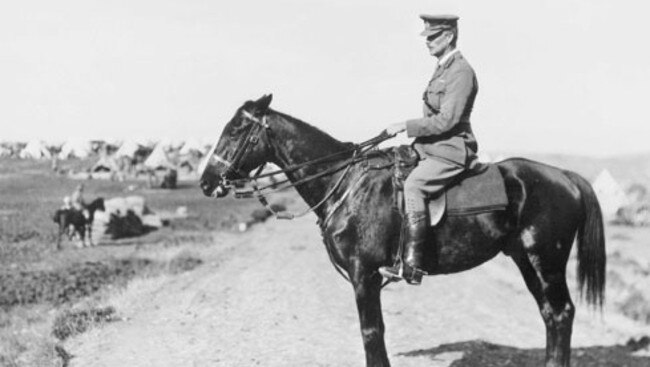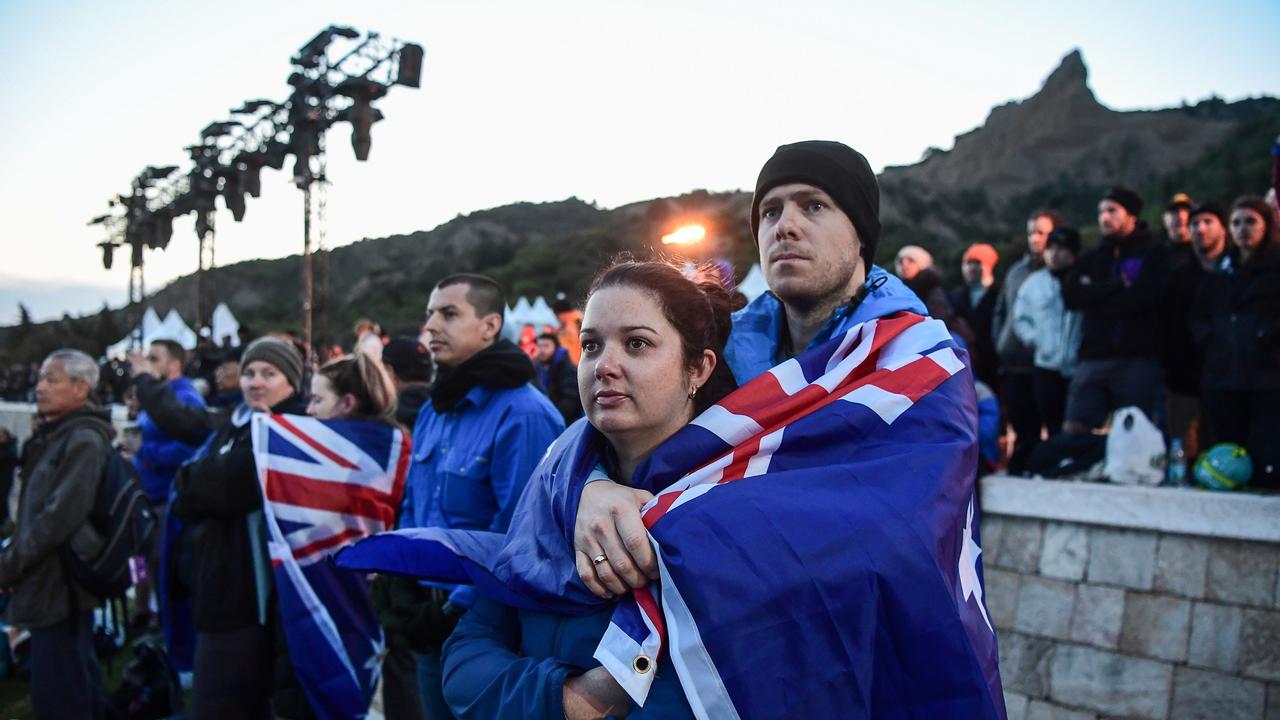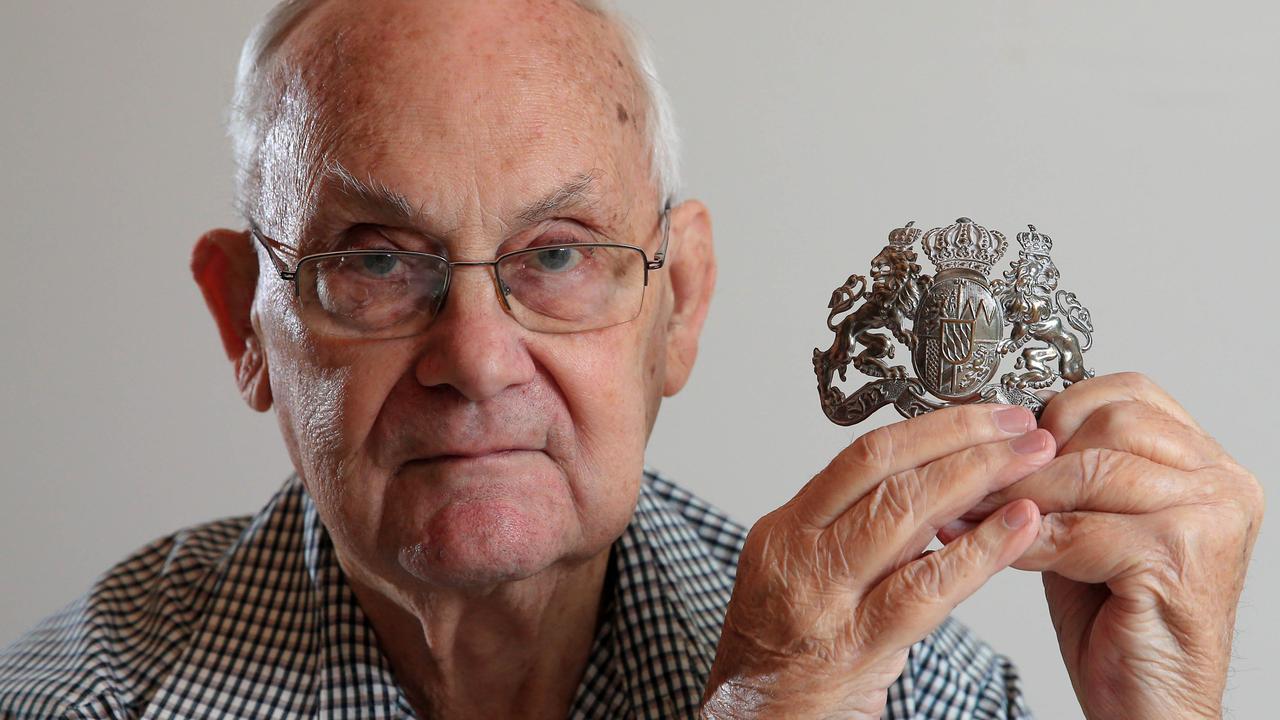Family’s pride with ‘great leader’ who led the charge of Beersheba
The man who led the cavalry-style charge in Beersheba will be remembered as a ‘great leader’.

The great-granddaughter of the man who led the cavalry-style charge in Beersheba a century ago says he will be remembered as a “great leader” who secured a key strategic victory in the Sinai-Palestine campaign.
Lieutenant Colonel Belinda Allen, an army reservist, told The Australian the charge led by Brigadier General William Grant was one of the most brilliant feats in Australian military history and would be remembered for its “great historic bravery”.
“I’m very proud to be his descendant,” she said. “He actually led the charge. It was a one-off special sort of inspirational type thing. It wasn’t anything that could ever be done now … It is unbelievable or unimaginable now, I think. He was a great man, a great leader. To be remembered so many years later is a great thing.’’
Grant was commander of the Australian 4th Light Horse Brigade and was ordered by Lieutenant General Harry Chauvel to conduct a mounted attack on Beersheba in a bid to take the town wells before they were destroyed.

Grant initially led the successful charge of the 4th and 12th Light Horse Regiments at the unwired Turkish trenches before dropping back to control their advance, with all but two of the 17 wells captured.
The Light Horse were equipped with rifles and used their bayonets, sharpened only days before, as swords.
Grant is said to have given the order personally, saying: “Men, you’re fighting for water. There’s no water between this side of Beersheba and Esani. Use your bayonets as swords. I wish you the best of luck.”
The day after the charge he was decorated with a bar to his Distinguished Service Order (DSO) by commander-in-chief, General Sir Edmund Allenby. About 800 Australians were involved in the charge. Thirty one died, 36 were wounded and 70 horses were killed. They captured more than 700 Turkish soldiers.
“It was very strategic,” Ms Allen said. “I think the whole course of the war would have changed. It’s hard to theorise. That’s why it is remembered.”
Ms Allen yesterday attended the Last Post ceremony at the Australian War Memorial to commemorate the battle.



